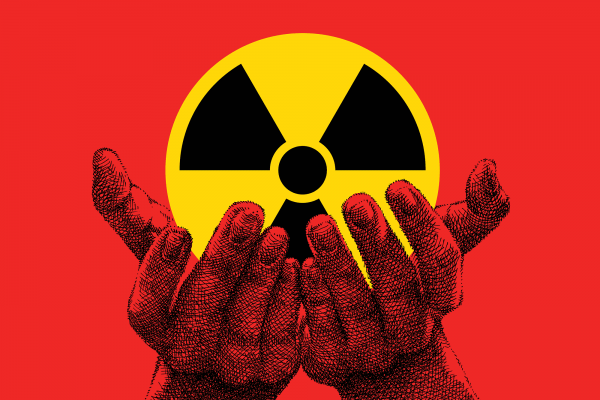WE OFTEN UTTER the phrase “Christ bore our sins” in a metaphysical sense, assuming sins occupy a place in our hearts, consciences, or spirits. Jesus died, we think, because of our spiritual transgressions. But I’m starting to see that sin isn’t just spiritual (as if anything could be just spiritual in our very physical world). Sin is also environmental. It impacts our air, water, and soil. It alters our ecosystems.
Sin might be defined as stepping out of right relationship with Creator and the rest of creation. The standard American lifestyle, which would require five Earths to sustain if everyone lived this way, puts the U.S. in a state of dire transgression. Pursuing a bloated illusion of progress, so many businesspeople, decision-makers, and culture-shapers have ignored the cost.
The wages of sin is death, says the apostle Paul (Romans 6:23). Today we are witnessing mass extinctions of species, destruction of homes and habitats by climate chaos, and premature deaths in communities closest to pollution sources. I live in one of these communities, though I didn’t know it when we moved here. My town is home to four Superfund sites, legacy pollution from a gaslight mantle factory that later produced thorium for the country’s atomic bombs in World War II. Though the sites have been remediated, residual contamination will pervade the land for millennia to come. Researching this history, I notice who moved away—white folks with resources—and who stayed—brown and white working-class folks who had no choice. Who would choose contamination?
Read the Full Article

